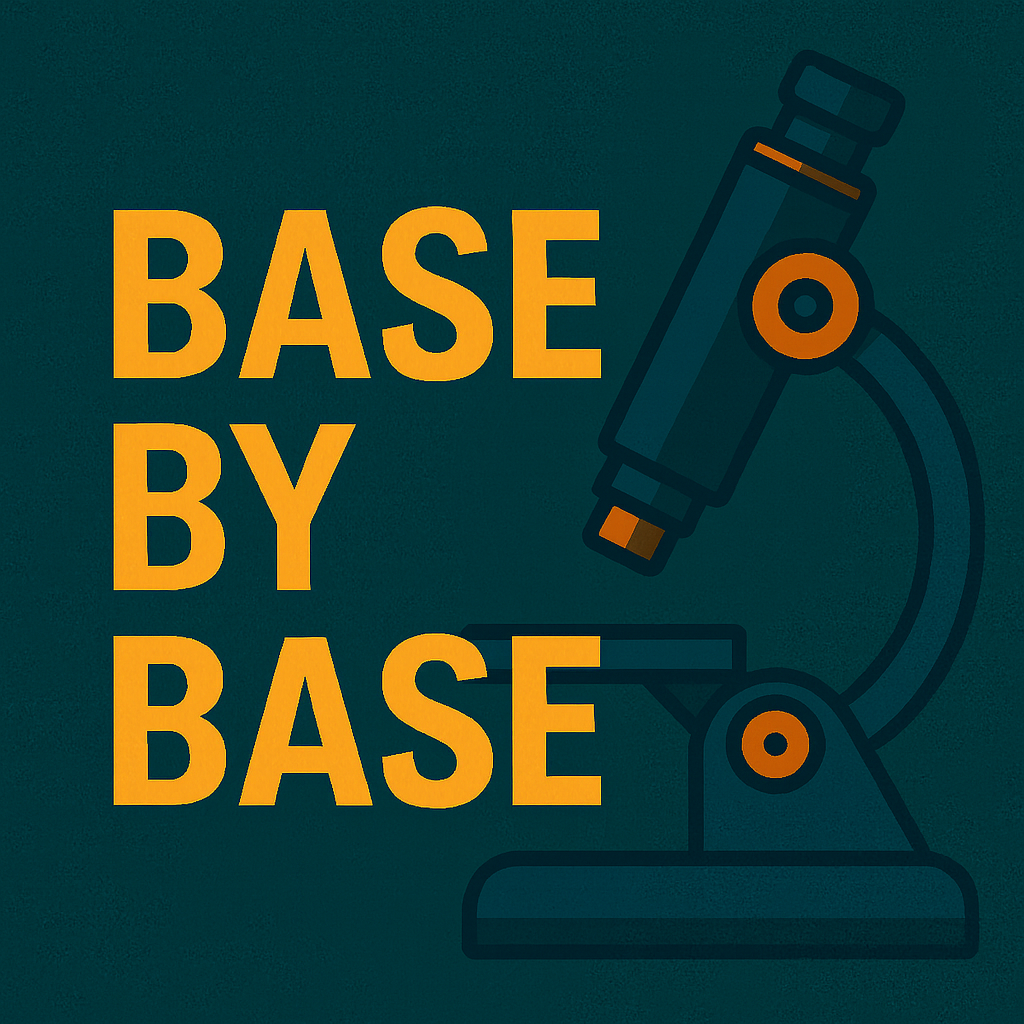Show Notes
️ Episode 60: Epi-PRS — A New Frontier in Polygenic Risk Prediction with Epigenomic Features
In this episode of Base by Base, we explore a breakthrough in genetic risk modeling presented by Zeng et al. (2025) in PNAS. The study introduces Epi-PRS, an innovative framework that enhances polygenic risk prediction from whole-genome sequencing (WGS) data by leveraging predicted epigenomic features. By using large language models trained on extensive reference epigenomic datasets, Epi-PRS transforms personal genome sequences into biologically meaningful molecular features that act as intermediaries between genotype and phenotype.
Study highlights:
Epi-PRS employs genomic large language models (LLMs) to infer tissue-specific epigenomic profiles from phased diploid genomes, enabling the integration of both common and rare variants into a unified risk model.
The framework captures nonlinear relationships and regulatory effects that are often missed by traditional linear PRS methods, allowing more precise modeling of variant impact.
Through extensive simulations, Epi-PRS demonstrated superior performance over leading PRS tools, particularly when phenotypic traits are influenced by rare variants or regulatory mechanisms.
When applied to UK Biobank data, Epi-PRS achieved substantial improvements in risk prediction for breast cancer and type 2 diabetes, even when using a limited set of LD blocks compared to genome-wide methods.
The model also proved robust under population stratification scenarios and identified disease-relevant regulatory regions enriched in tissue-specific epigenomic signals such as enhancers and promoters.
Conclusion:
Epi-PRS represents a significant step forward in polygenic risk prediction by integrating predicted regulatory features into disease modeling. Its ability to combine WGS data, epigenomic context, and deep learning frameworks offers a powerful and interpretable tool to advance personalized medicine and our understanding of complex genetic traits.
Reference:
Zeng, W., Guo, H., Liu, Q., & Wong, W.H. (2025). Improving polygenic prediction from whole-genome sequencing data by leveraging predicted epigenomic features. Proceedings of the National Academy of Sciences, 122(24), e2419202122. https://doi.org/10.1073/pnas.2419202122
License:
This episode is based on an open-access article published under the Creative Commons Attribution 4.0 International License (CC BY 4.0) – https://creativecommons.org/licenses/by/4.0/




